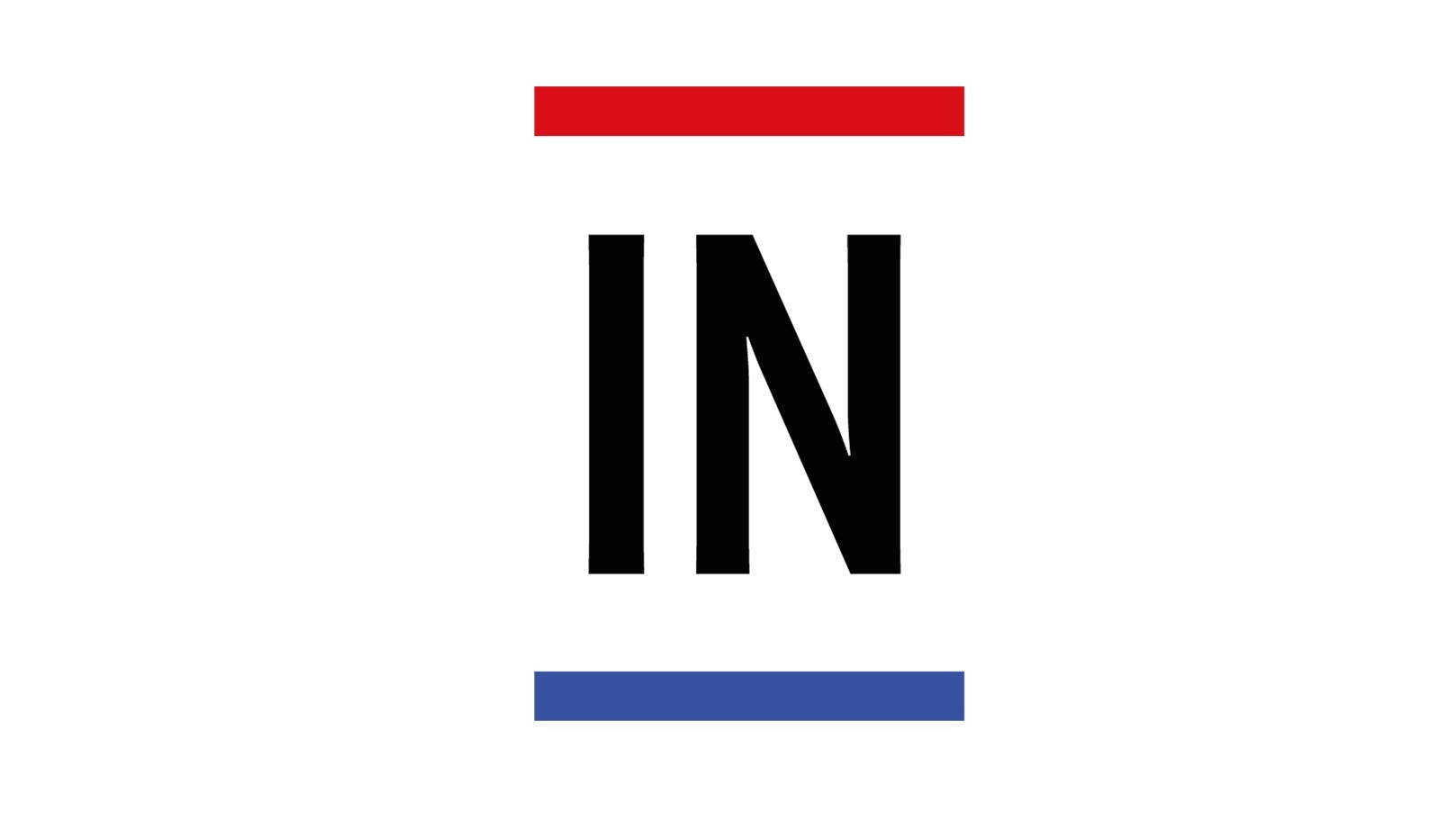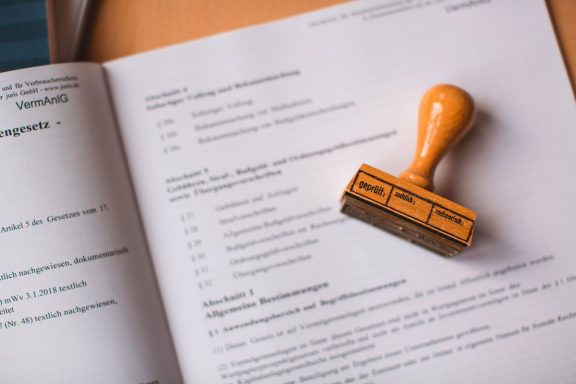
Corporate and M&A
As a law firm we combine solid legal knowledge with a pragmatic and strategic approach. This is how we advise, whether or not in cooperation with external specialists, our clients through processes such as a takeover or restructuring.

Pragmatic & sector focused
We have developed our expertise across three different sectors: gaming & gambling, fintech & payments, and media, sports & entertainment. On the basis of our in-depth knowledge of these sectors we can readily anticipate which issues are of importance for our clients. In this way we advise private equity investors, financial institutions, local and international B2C operators (including licence holders in the Netherlands) and B2B suppliers to the industry. We guide our clients through the complete takeover or restructuring process, whilst distinguishing ourselves on the basis of our sector focus and market knowledge. We add value to sector specific takeovers and restructuring, whereby regulatory aspects and thorough market knowledge play a defining role.
International experience
Our team has experience with both national and international M&A and restructuring projects. In cooperation with external specialists we guide our clients through the entire process, from the initial exploratory discussions through to the conclusion of the transaction. This process includes due diligence, negotiations, revising share purchase agreements, notifying relevant regulatory authorities (such as the Netherlands Gambling Authority, the Authority for the Financial Markets, the Dutch Central Bank) as well as post-deal integration.
Our services
Related practice areas
Frequently asked questions
If an integrity test or a test based on the Bibob Act was part of your licence application then, during the lifetime of your licence, you will often be under a duty to notify important changes to your company (structure). This will often result in a(n) (limited) assessment on the basis of your notification. Changes which require notification often vary between different types of licence or the body which awarded the licence. The duty to notify is frequently described in the applicable policy rule from the awarding regulatory authority or are contained in the licence itself.
Regulators enjoy a broad competence when it comes to requesting information and documentation. They can demand information not only from a licence holder but also suppliers as well as a licence holder’s employees. Reliance on this competence is subject to specific rules. Information and documentation can only be requested to the extent that it is “necessary”. Practice demonstrates that regulators can sometimes request too much information. We are happy to assist you in such matters.
These cookies are used to optimize performance and functionality of the website. These cookies are not essential when browsing the website. However it is possible certain elements on the website will not function properly without the cookies.
These cookies collect data that we use to understand how our website is used and perceived. These cookies also help us to optimize the website for the best user experience.















